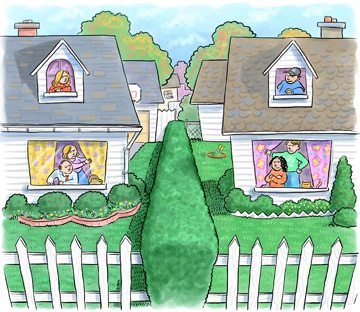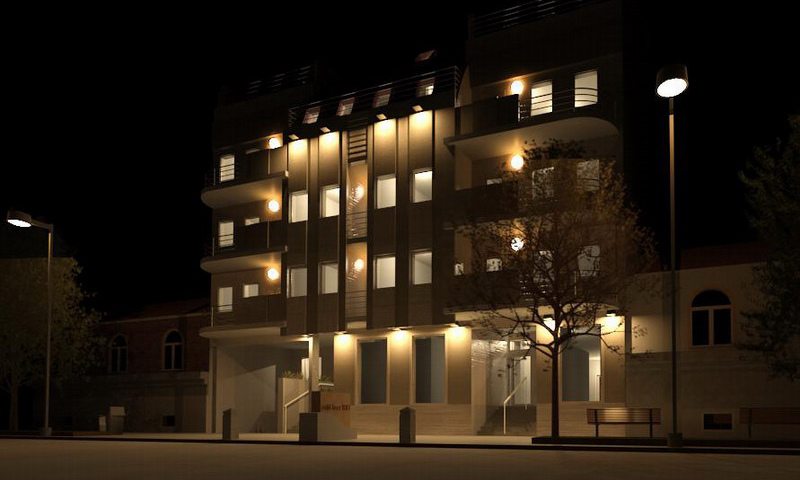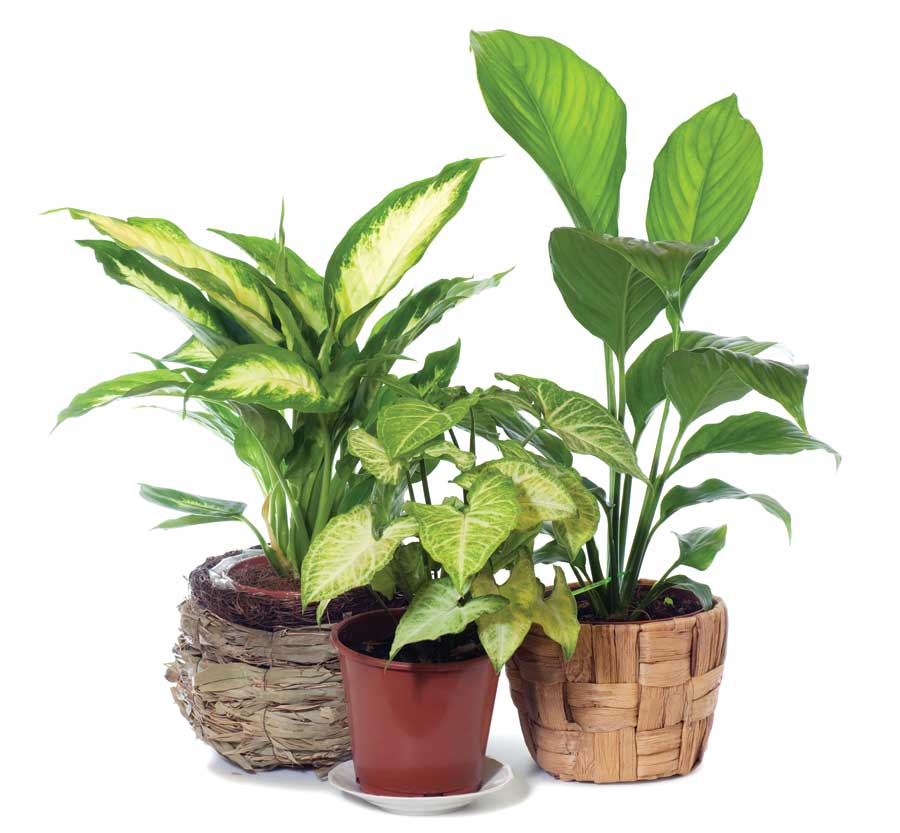When you move, aside from getting a new home you also get a new vicinity, and with that comes new neighbors. Your neighbors are the people you’ll have closest to your home at all times, so it’s important to have a good relationship with them. If you think about it, neighbors are like distant roommates…
Don’t think we’re saying that you need to be the best of friends with your neighbor (though this may happen); you should just try to get along as best as you can. Be mindful of the fact that you have your space that you’re entitled to, and they have theirs. You wouldn’t like it if their dog messed up your lawn, or if they left their lawnmower blocking your driveway, would you? So don’t let it happen to them! Treat your neighbor as you would like to be treated.
Just like with roommates, there’s a chance you and your neighbor(s) may have some issues with each other at some point or another. Most likely this will just be something silly, like one of you had mu sic on too loud, or something along those lines. Before complaining to your property manager or a higher authority, talk to your neighbor, first! Your neighbor isn’t going to know that the music was bothering you unless you tell them; once they know that it’s bothering you, they can lower it. This same thing goes for you, too! Respect when your neighbors have a complaint and don’t let it happen again.
sic on too loud, or something along those lines. Before complaining to your property manager or a higher authority, talk to your neighbor, first! Your neighbor isn’t going to know that the music was bothering you unless you tell them; once they know that it’s bothering you, they can lower it. This same thing goes for you, too! Respect when your neighbors have a complaint and don’t let it happen again.
Neighbors are especially helpful if you’re moving to a completely new place and don’t know anyone. They can tell you all about the neighborhood and what you need to know, making the move a lot easier for you. Make it a point to introduce yourself whenever new neighbors move into your neighborhood, remember- you’ve been there too!

 was damaged and needed fixing, you’ll get the sum of your deposit back. But if you move out and left something broken and needing repair, it’ll be deducted from your deposit; as the saying goes: you break it, you buy it!
was damaged and needed fixing, you’ll get the sum of your deposit back. But if you move out and left something broken and needing repair, it’ll be deducted from your deposit; as the saying goes: you break it, you buy it!





